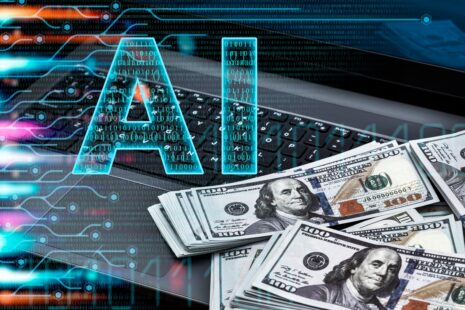Predicting the state of AI in 2050 is challenging, but experts believe that advancements in technology and computing will lead to transformative developments.
An Overview of What AI Could Look Like in 2050
Artificial General Intelligence (AGI)
- What could it mean
By 2050, AI may achieve Artificial General Intelligence (AGI), the ability to perform any intellectual task a human can do. Unlike today’s AI, which excels at narrow tasks, AGI would be adaptable and capable of reasoning, problem-solving, and learning across diverse domains. - Impact
This could revolutionize industries such as healthcare, education, and research, making AI systems partners in innovation rather than just tools.
Integration with Daily Life
- Seamless Human-AI Interaction
AI might become deeply integrated into our lives through wearable devices, advanced virtual assistants, and AI-enhanced environments. Think of AI systems that can predict your needs, offer real-time advice, and adjust your surroundings to optimize comfort or productivity. - Hyper-Personalized Experiences
From healthcare to entertainment, AI will deliver experiences tailored specifically to individuals based on extensive data analysis and real-time learning.
Advanced Robotics
- Human-Like Robots
AI-powered robots may achieve significant advancements in physical and cognitive abilities, performing tasks in hazardous environments, providing companionship, or assisting in elder care. - Autonomous Systems
Transportation, logistics, and even entire cities may rely on AI-driven systems, such as self-driving vehicles, drone deliveries, and smart infrastructure.
Ethical AI and Regulation
- Global AI Governance
With AI becoming more powerful, governments and organizations will likely establish strict regulations to ensure ethical use, prevent bias, and mitigate risks associated with autonomous systems. - AI Rights?
If AI reaches levels of sentience or AGI, questions about its “rights” and responsibilities may arise, leading to debates about in case AI entities deserve legal protections.
AI in Science and Space Exploration
- Revolutionizing Science
AI could play a critical role in scientific discoveries, automating experiments, analyzing complex data, and solving problems humans struggle with today, such as curing diseases or developing sustainable technologies. - Interstellar Missions
AI-powered systems might be central to space exploration, helping humans colonize planets, conduct research, and maintain autonomous systems in extreme environments.
Human Augmentation
- AI and the Human Brain
Brain-computer interfaces could allow direct interaction between AI and humans, potentially enhancing memory, learning, and physical capabilities. - Cybernetic Enhancements
AI could be embedded in prosthetics, vision systems, and other assistive technologies, making humans more adaptable and capable.
By 2050, AI could be more integrated, intelligent, and influential than ever, shaping every aspect of human life. While it offers immense potential for progress, it also raises critical ethical and societal questions that humanity must address to ensure AI benefits everyone. The journey to 2050 is not just about advancing AI but also about ensuring its responsible and inclusive development.




